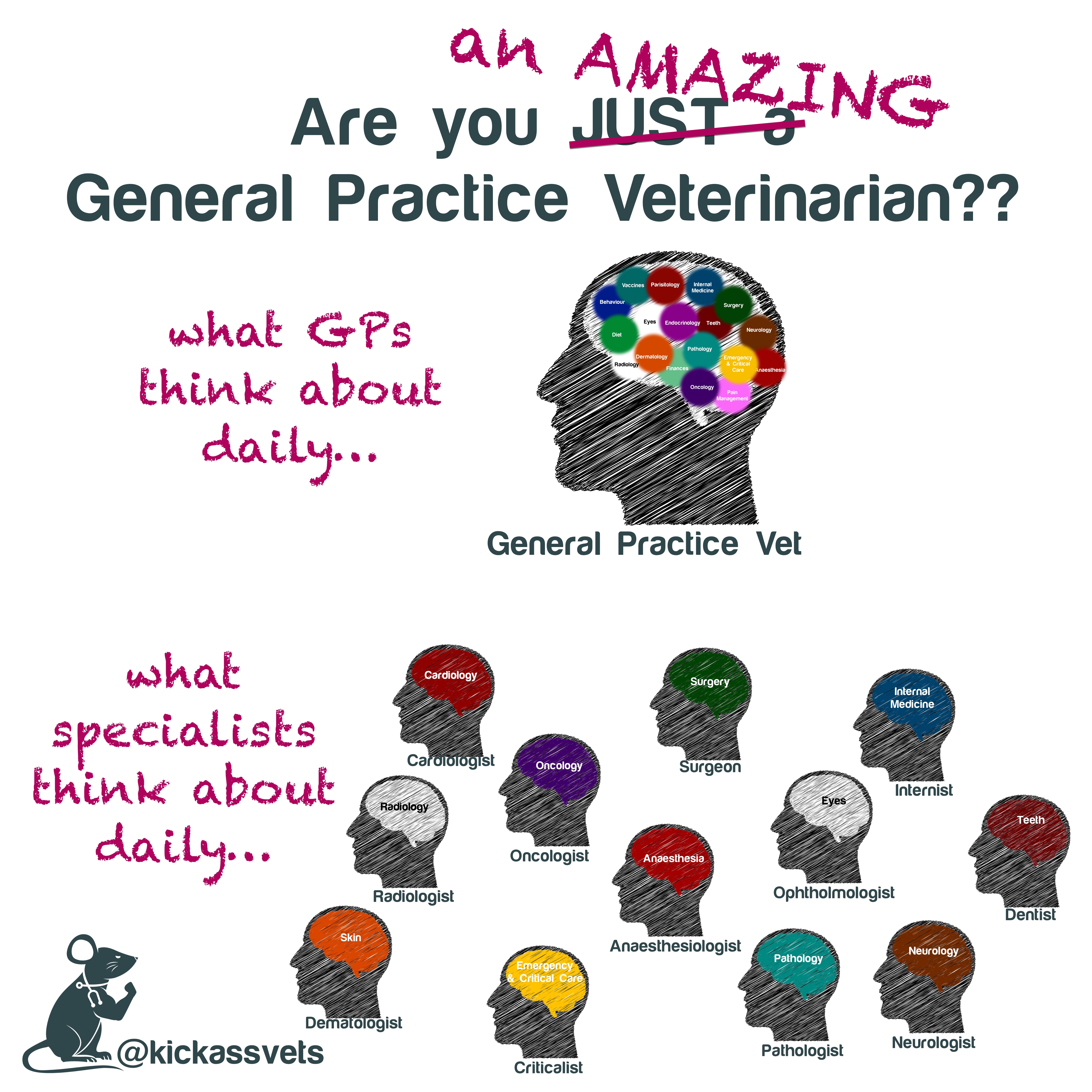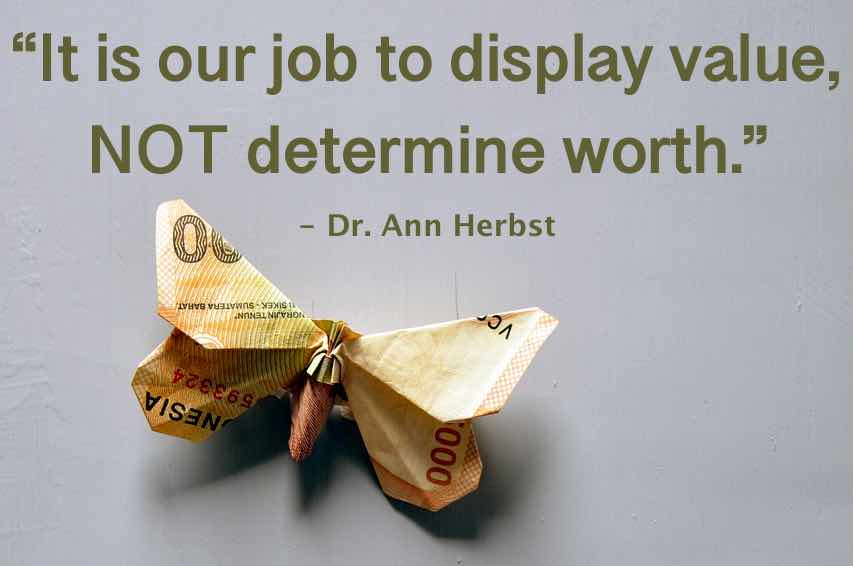No medical professional should ever be 100% independent. If this is the case your ego is too big! Medicine is a team-sport, and a fully independent experienced vet would still get help with about 5-10% of cases, or at least input or a sounding board of another vet. In emergency we discuss cases with our colleagues all the time, and so do the specialists.
How Independent Should You Be?:
Medicine is a ‘team sport’ and everyone including staff, clients, patients and bosses, do better when everyone works together as one coherent, seam-less unit. This means that sometimes you need to rely on a colleagues brain for your case. So be confident knowing you are part of a team, and you will all learn and grow from eachother!
Often veterinarians with 1-3 years out feel that because they aren’t 100% independent, because they don’t know the answer to every question, or the solution to every case, they aren’t “good enough”. They feel that they are not ‘fully qualified’, or not ‘up to snuff’. They see their bosses, their colleagues, their mentors, SEEMINGLY know the answer to everything.
What they don’t notice is the VIN researching, the text-book checking, the Facebook messages to classmates that have specialized, and they mis-interpret the discussions in clinic with other vets as ‘knowledgeable debate’ instead of what it really is… which is ASKING FOR HELP!
Experienced vets KNOW they don't know the answer all the time. They KNOW there will be cases where their colleagues will have good input. They KNOW it’s OK, and necessary, to ask for help, for input and for advice.
Fully experienced emergency vets, in KICK ASS VETS’s experience, on about 5-10% of cases or more.
So, new and recent graduates, you are not ‘worth less’ because you don't have the answer to every question… this means you are just entering the life-long learning profession that you signed up for! Congratulations, you made it! Also, see the blog
Value of New Graduates, where KICK ASS VETS highlights why new grads are so valuable to clinics!
Also, not being comfortable doing a surgery on your own, that you have never seen before or haven't done for a while, is completely logical and means that you want to make sure you are doing the best by your patients! This is normal, and the only way to improve this is to get more exposure. You really only need to see a surgery once (or maybe twice) to feel more confident.
Getting put on a call list to come in and see certain surgeries (GDVs, C-Section, FB, RNAs, etc.) either with a local RSPCA or at the emergency clinic, can help you get this exposure. Sometimes it's worth it to do this in your time off, and think of it as an investment into your future… and, surgery is fun!
Confidence with Charging Clients:
Talking money with clients is a daunting but huge part of our job. Remember, your job as a veterinarian is to display and educate the VALUE of what our tests and treatments are worth. Your job is to be an advocate for your patient, and to give clients the best information to help achieve the best possible outcome for your patient. Your job is NOT to determine if it’s “worth it” for the client. Tests, treatments, and your time, cost what they cost, so focus on displaying that value, and remove the stress of trying to figure out for owners what they feel it's worth!
Most vets, especially new and recent graduates, struggle with the ‘how to talk about money.’ They are afraid of ‘over charging’ the client because ‘I should know the answer’
… well… you shouldn’t!
Tests exist for a reason… if we didn’t need them they wouldn't exist.
The longer you practice the more you will realize that you need the tests, and you cannot predict what they will show. Every experienced vet I know will tell you they are weekly, or daily, surprised by the diagnostics! Don't feel bad about not knowing the answer, be confident in your inability to know the answer without the test!
Get comfortable saying “I cannot know what is going on with Fluffy without this test”, and if you deliver this confidently owners will respect you and see the value of the test. Also, present your recommendations of diagnostics and treatments, and follow with the cost. Don’t say “it’s expensive but…” or “I know this is a lot of money but I think we should run…” because this puts into the clients head that we are over-charging, when we aren’t!
Discounts and doing things for free DEVALUE yourself, and actually make clients respect you less, trust you less, and have less compliance.
KICK ASS Tip: Giving a clear, confident recommendation increases compliance by 40%.
Summary:
You are in very good company feeling overwhelmed, feeling Imposter Syndrome, and feeling like you should know more. This is part of the learning curve of the job.
However, remember that your job is very hard, and tests exist for a reason. You aren’t stupid, or a bad vet, without know the answer. You shouldn't know all the answers, when you are new, or later on! Experienced vets ask for input and help ALL THE TIME! And remember, a medicine specialist would run all the tests!!!
So, go easy on yourself, be OK that you have to get input, and work in a clinic that fosters and supports collective ‘team’ medicine, because that’s a clinic that cares about patient care!
Written by Dr. Ann Herbst BSc, DVM
Published January 23rd, 2022
Advocate for yourself, you are the only one that will!
Most Recent Blogs
KICK ASS Boundaries for Locums
Locuming can leave you just as stressed and exhausted as full-time work, if you don't set the right boundaries!
Imposter Syndrome
Chances are you will experience Imposter Syndrome in your career, so tackle it head on!
KICK ASS Confidence
Confidence is knowing that you cannot know everything, and new/recent graduates need to know this!






